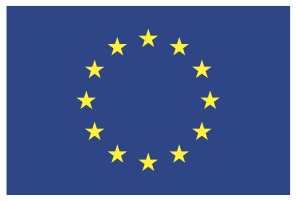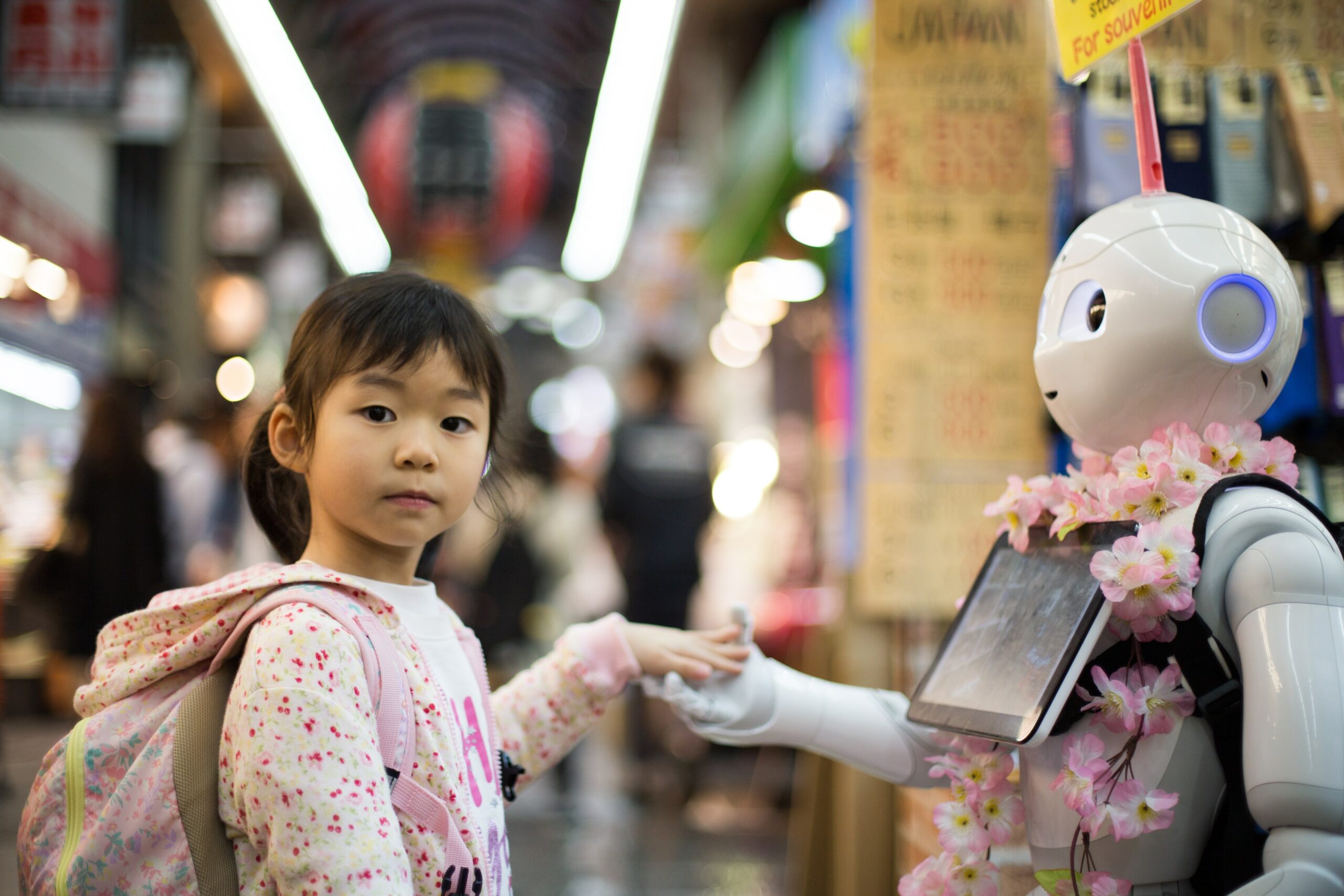Making Chatbots More Usable

An expansion in the market size for mental health services and a significant decrease in costs, benefiting a large population of university students worldwide.
In the project “Making Chatbots More Usable,” the primary value added was in addressing the need for effective, accessible mental health services for university students. Recognising that students often face barriers like fear of stigmatisation and trust issues, the project emphasised the importance of alternative, easily accessible, highly reliable help-seeking resources. This included the development of mobile platforms leveraging technologies such as machine learning and AR/VR, tailored to meet the psychological well-being needs of young people globally.
The innovation aspect of this project lay in creating a people-centred design that emphasises personalisation, considering each individual’s unique needs and preferences. This approach was aimed at overcoming the limitations of existing well-being programs, which either fall into the traditional category (like on-campus counselling) or technology-based solutions, which often lack support and efficiency due to inadequate consideration of user needs.
The business and wider social impact of this initiative can be seen in its potential market size and reach. For example, in 2015, Public Health England reported that local authorities in the UK spent €52 million on mental health services. The World Health Organisation’s Global Mental Health Atlas 2011 estimated a broad variation in mental health expenditures globally. By focusing on user-centred design solutions, the project anticipates an expansion in the market size for mental health services and a significant decrease in costs, benefiting a large population of university students worldwide.

